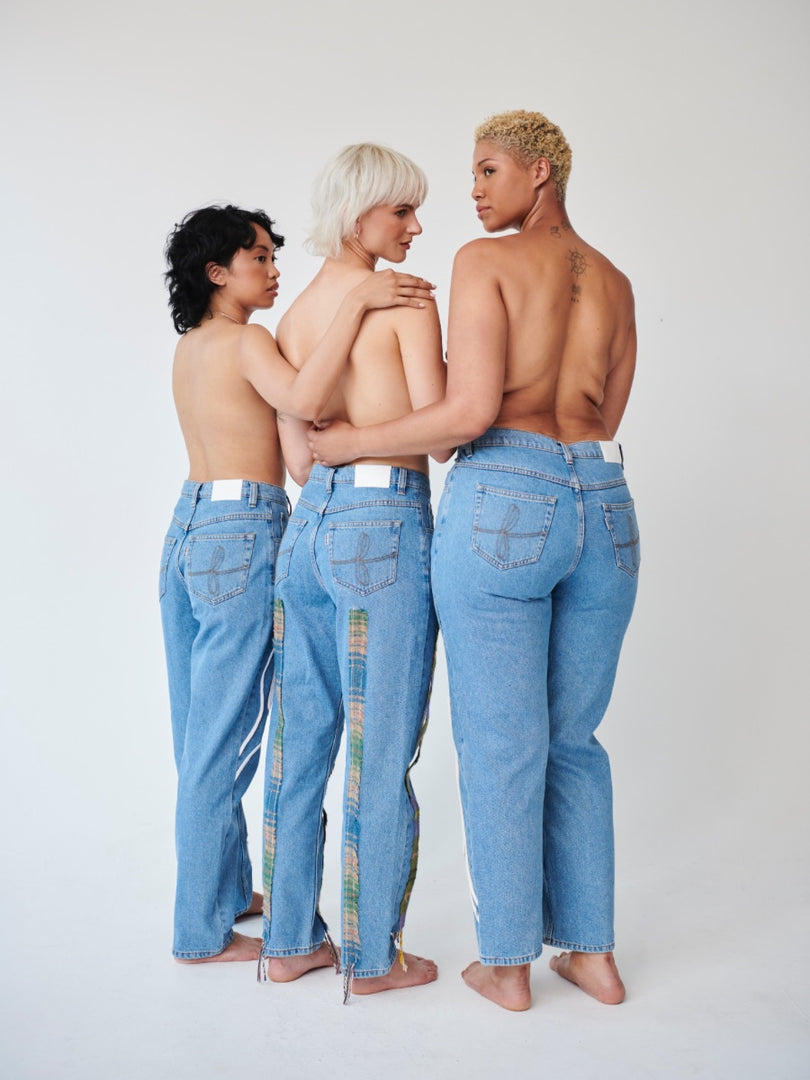The way we wash and care for our clothes over a period of time has a lasting impact on the environment. Prolonging the lifespan of our wardrobes doesn’t need to be hard - it’s simply a matter of making small changes to our daily habits.
We have put together a guide with Blanc Living on how you can care for your clothes sustainably.


